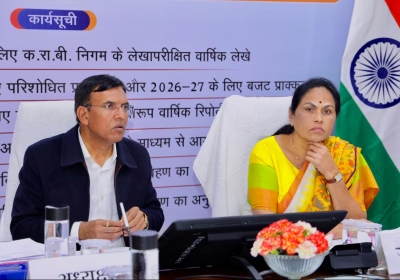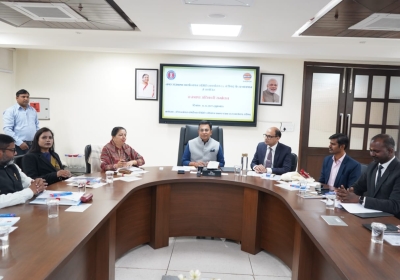
Chandigarh Metro Project faces criticism from PEC and Architects
Chandigarh: PEC and Architects criticize Metro Project in new studies
Chandigarh’s proposed Metro system faces significant criticism from recent studies. The Indian Institute of Architects (IIA) and Punjab Engineering College (PEC) conducted studies concluding that a Metro system might not be suitable for the city. Their findings suggest that the projected traffic demand in Chandigarh's main corridors is insufficient for the Metro's economic viability.
According to these reports, the peak-hour traffic demand in 2023 was around 7,000 to 7,000 passengers. By 2041, this could increase to between 13,000 and 31,000. However, the Metro system is economically viable only when this number reaches 40,000 to 70,000. Chandigarh might not meet this threshold until 2051, making the Metro system a costly solution.
Proposed technology and network issues
The proposed Metro system’s technology is also considered outdated, with a predicted 45-year age by the time the project begins. Studies suggest using automated driverless trains, which offer advanced technology, lower operational costs, and better energy efficiency. Driverless trains are already in use in 124 countries.
ALSO READ: Thieves leave behind ID Card after attempting to loot Finance Firm in Mohali
ALSO READ: Chandigarh: outgoing PU Students' Council Performance under review
Additionally, the Metro’s cross-network system, proposed by the Delhi Metro Rail Corporation, is deemed inefficient and unsuitable for Chandigarh. The recommended circle radial system, effective in cities like Moscow and Tokyo, is a more appropriate solution.
Concerns also include a 16-minute gap between trains during peak hours, which might deter usage. Furthermore, the proposed Metro stations lack dedicated parking, exacerbating existing parking issues. The project also faces criticism for not aligning well with Chandigarh’s Master Plan 2031.
Overall, the feasibility of the Metro project is under scrutiny, emphasizing the need for more efficient and technologically advanced solutions.





